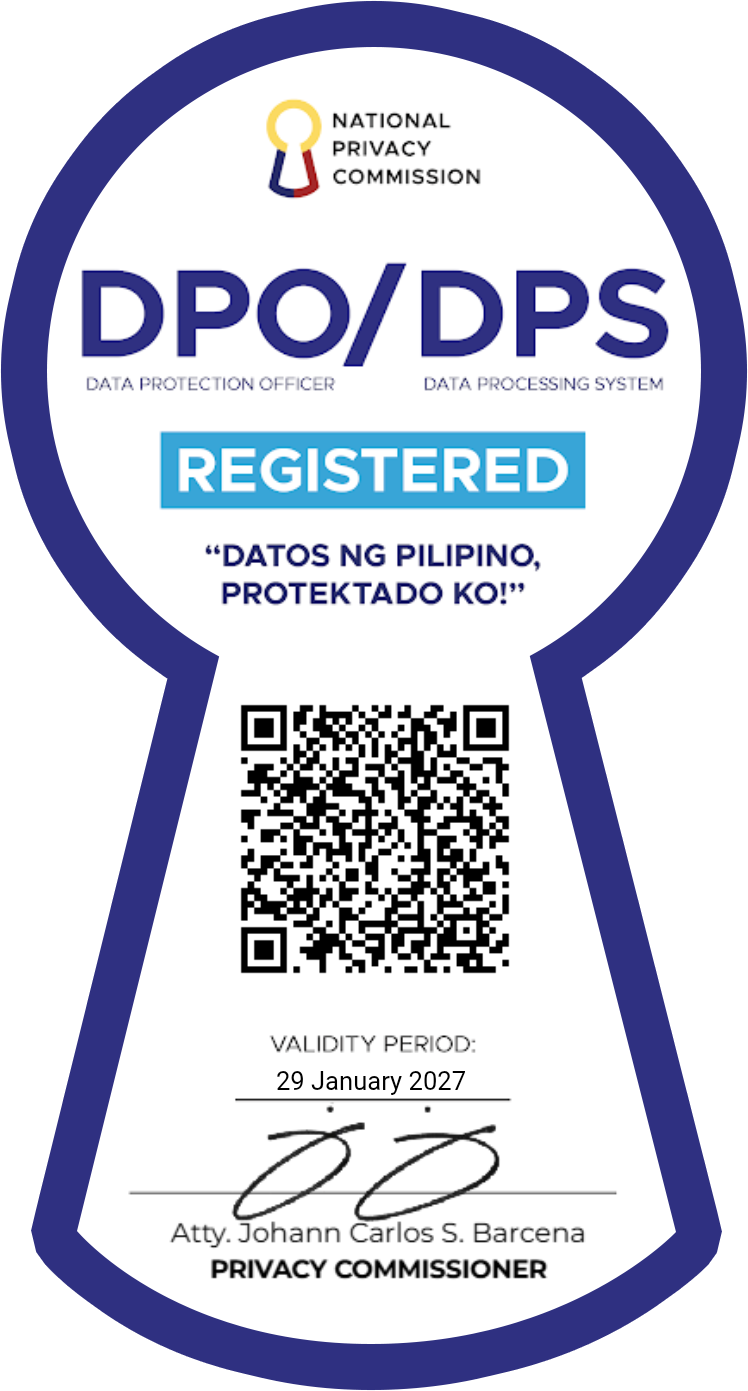Program Description (as per RA 9292, 2004)
The scope and nature of practice of the Electronics Engineer shall embrace and consist of any work or activity relating to the application of engineering sciences and/or principles to the investigation, analysis, synthesis, planning, design, specification, research and development, provision, procurement, marketing and sales, manufacture and production, construction and installation, tests/measurements/control, operation, repair, servicing, technical support and maintenance of electronic components, devices, products, apparatus, instruments, equipment, systems, networks, operations and processes in the fields of electronics, including communications and/or telecommunications, information and communications technology (ICT), computers and their networking and hardware/firmware/software development and applications, broadcast/broadcasting, cable and wireless television, consumer and industrial electronics, electro-optics/photonics/opto-electronics, electro-magnetics, avionics, aerospace, navigational and military applications, medical electronics, robotics, cybernetics, biometrics and all other related and convergent fields; it also includes the administration, management, supervision and regulatory aspects of such works and activities; similarly included are those teaching and training activities which develop the ability to use electronic engineering fundamentals and related advanced knowledge in electronics engineering, including lecturing and teaching of technical and professional subjects given in the electronics engineering and electronics technician curriculum and licensure examinations.
Program Educational Objectives
1. Be engaged in the practice of electronics engineering locally and internationally.
2. Promote culture of professionalism, social responsibility, and ethical practices.
3. Contribute to the technological advancement for the welfare of the humanity and society.
Program Outcomes (AS PER CMO 101 S. 2017)
By the time of graduation, the students of the BSECE program shall have the ability to:
- Apply knowledge of mathematics and science to solve complex engineering problems.
- Design and conduct experiments, as well as to analyze and interpret data.
- Design a system, component, or process to meet desired needs within realistic constraints such as economic, environmental, social, political, ethical, health and safety, manufacturability, and sustainability, in accordance with standard.
- Functions on multi-disciplinary teams.
- Identify, formulate, and solve engineering problems.
- Apply professional and ethical responsibility.
- Communicate effectively.
- Identify the impact of engineering solutions in a global, economic, environmental, and societal context.
- Recognize the need for, and an ability to engage in life-long learning.
- Apply knowledge of contemporary issues.
- Use the techniques, skills, and modern engineering tools necessary for engineering practice.
- Apply knowledge of engineering and management principles as member and leader in a team, to manage projects and in multidisciplinary environments.
- Apply knowledge of Electronics Engineering in at least one specialized field of Electronics Engineering practice.











